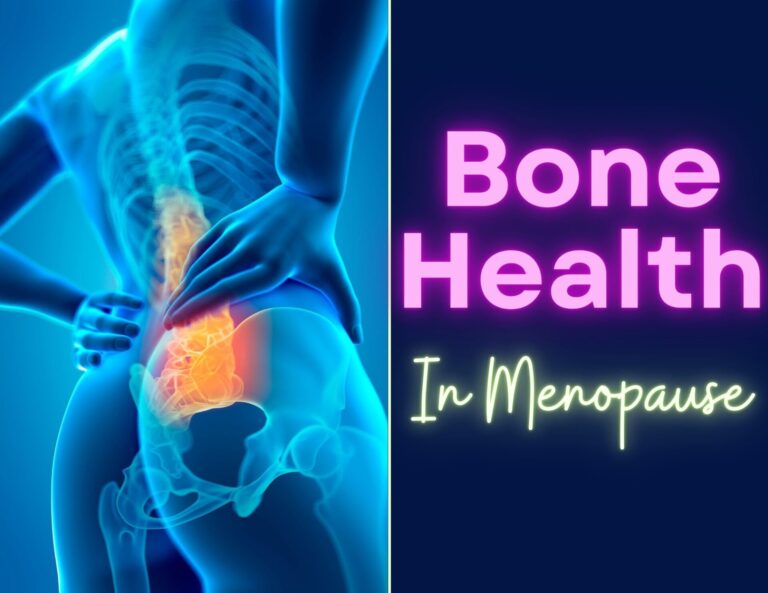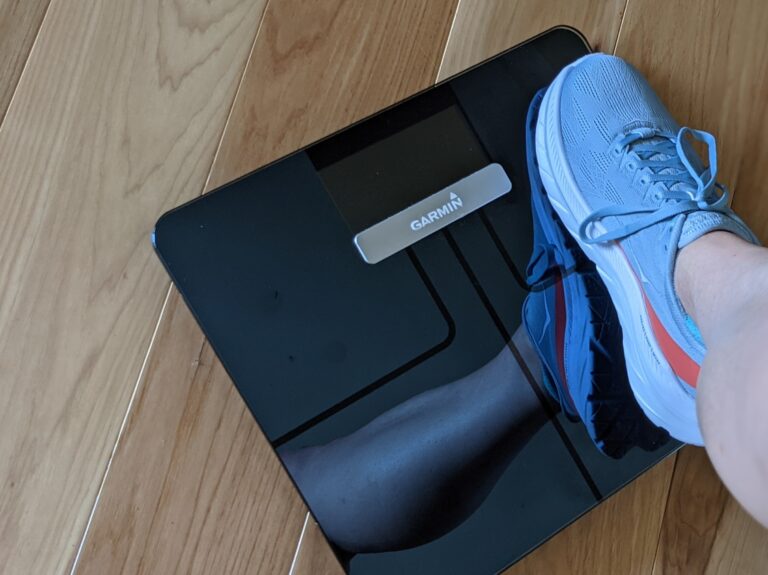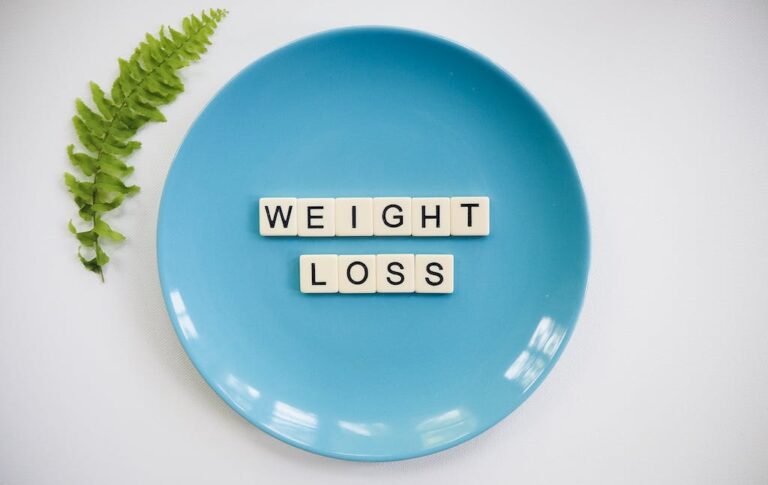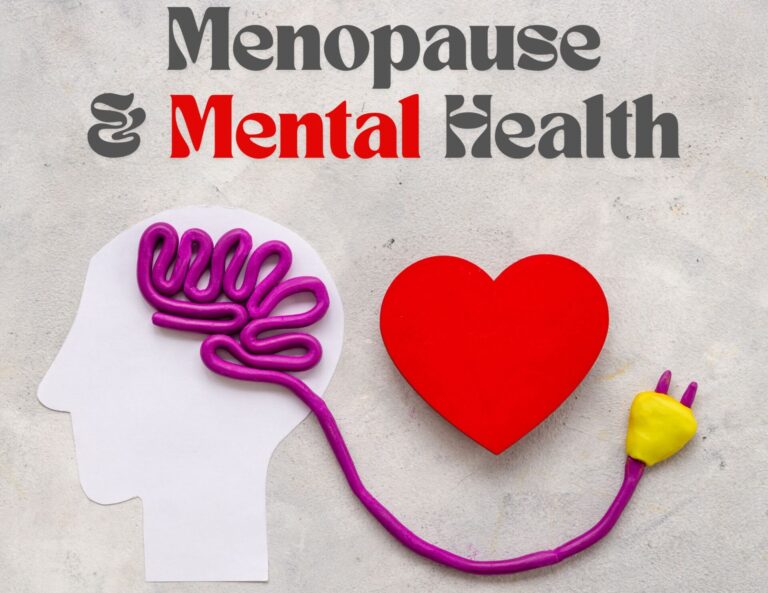This post may contain affiliate links. Read the full disclosure here.
The Truth About Menopause and Weight Gain
Menopause brings many changes, and one of the most frustrating for many women is weight gain.
If you’ve noticed that the number on the scale keeps creeping up—even when your diet and exercise habits haven’t changed—you’re not alone. Many women experience weight gain during perimenopause and menopause, but what’s really behind it? And more importantly, what can you do about it? Let’s separate the myths from the facts.
Why Does Menopause Lead to Weight Gain?
While menopause is often blamed for weight gain, the truth is a bit more complex. Here are the key factors at play:
🧠 Hormonal Changes
Estrogen plays a role in regulating metabolism and fat distribution. As estrogen levels decline during menopause, fat storage tends to shift from the hips and thighs to the abdomen.
🐢 Slower Metabolism
Aging naturally slows metabolism, making it easier to gain weight and harder to lose it. This decline in metabolism means that even if you eat the same amount as before, you may still see weight gain.
💪 Muscle Loss (Sarcopenia)
As we age, we naturally lose muscle mass, which further slows metabolism. Since muscle burns more calories than fat, a decrease in muscle can lead to weight gain if adjustments aren’t made.
🚶♀️➡️ Lifestyle Factors
Many women experience increased stress, poor sleep, and changes in physical activity levels during this phase of life. These factors can contribute to weight gain by increasing cravings, altering hunger hormones, and reducing energy expenditure.
Myth vs. Fact: Menopause and Weight Gain
🚫 Myth: Menopause causes weight gain.
✅ Fact: Menopause itself doesn’t directly cause weight gain, but it does contribute to factors that make it easier to gain weight and harder to lose it.
🚫 Myth: There’s nothing you can do about menopause-related weight gain.
✅ Fact: While you can’t control hormonal changes, you can make adjustments to your lifestyle that help maintain a healthy weight.
How to Manage Weight Gain During Menopause
If you’re struggling with weight gain during menopause, here are some effective strategies to help you maintain a healthy weight:
1. Prioritize Strength Training 🏋️♀️
Building and maintaining muscle is one of the best ways to combat a slowing metabolism. Strength training (using weights, resistance bands, or bodyweight exercises) at least 2-3 times per week helps preserve muscle mass and keep your metabolism working efficiently.
2. Focus on Protein and Fiber 🥕
Protein helps with muscle retention and satiety, making it easier to manage hunger and cravings. Fiber aids digestion, stabilizes blood sugar, and keeps you feeling full longer. Aim to include lean proteins (chicken, fish, tofu, legumes) and fiber-rich foods (vegetables, whole grains, nuts, and seeds) in your meals.
3. Be Mindful of Portion Sizes 🍽️
With a slower metabolism, portion control becomes even more important. Eating mindfully and being aware of serving sizes can help prevent unintended overeating. Stop when you are feeling full, even if that means leaving some for leftovers.
4. Stay Active Throughout the Day 🏃♀️➡️
In addition to structured exercise, increasing your daily movement can make a big difference. Taking regular walks, stretching, gardening, or using a standing desk can help keep your metabolism active.
5. Manage Stress and Sleep ☺️
Chronic stress and poor sleep can lead to weight gain by increasing cortisol levels and altering hunger hormones. Prioritizing quality sleep and stress-management techniques like meditation, yoga, and deep breathing exercises can make a significant impact.
6. Consult a Professional 🥼
If you’re struggling with weight gain and not sure where to start, a registered dietitian, certified menopause coach (me!), or healthcare provider can offer personalized guidance. If you’re considering hormone replacement therapy (HRT) or supplements, always consult with a healthcare professional to see if they’re right for you.
💡 The Bottom Line
Weight gain during menopause is common but not inevitable. Understanding the factors that contribute to it can empower you to make informed lifestyle changes. By focusing on strength training, nutrition, daily movement, stress management, and sleep, you can maintain a healthy weight and feel your best during this phase of life.
🩷 Menopause isn’t an end—it’s a new beginning, and with the right approach, you can navigate it with confidence and strength. I can help you.
💗 Join StrongHER Together
Ready for deeper support? StrongHER Together is my private community for women navigating perimenopause and menopause — a space for connection, expert coaching, wellness challenges, and real talk. Whether you’re seeking clarity, confidence, or just a circle of women who get it, you’ll find it here.
📬 Stay in the Know
Want more tips, advice, and updates on my programs? Join my mailing list to stay up to date on everything health, wellness, and fitness-related. Let’s navigate your journey together!







